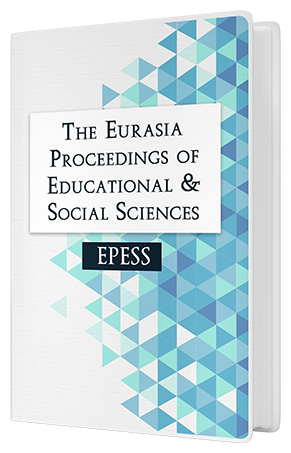Effect of Educational Programme on Television among Lower Basic Pupils in Gusau Educational Zone of Zamfara State, Nigeria
Keywords:
Audio-Visual, Educational Zone, Computer and Gadgets.Abstract
The investigation x-rayed the Effect of Educational Programmess on Television Among Lower Basic Pupils in Gusau Educational Zone of Zamfara State, Nigeria. The population was total number of pupils in all lower basic schools in both public and private lower basic schools in the state while the sample size of 300 pupils were randomly selected from the 10 lower basic schools (210 pupils from public schools and 90 pupils from private school) in Gusau Educational Zone. Five research questions were posed to guide the conduct of the study to a logical conclusion. A structured questionnaire was designed and administered to 30 randomly selected pupils from each of the selected lower basic schools. The data generated from the research questions were analyzed using the simple percentage; this method of analysis is simple, adequate and accurate in terms of data analysis. The findings of the study affirmed a high response of pupils in boosting their intellectual ability, arousing of interest, quick remembering of the content and retaining of the content taught. It was recommended that the age range of students should be put into consideration; regular electricity should be supplied to the citizenry and that well-produced and sponsored educational programmes by government and private organizations should be encouraged.Downloads
Published
Issue
Section
License
Copyright (c) 2020 The Eurasia Proceedings of Educational and Social Sciences

This work is licensed under a Creative Commons Attribution-NonCommercial-ShareAlike 4.0 International License.
The articles may be used for research, teaching, and private study purposes. Any substantial or systematic reproduction, redistribution, reselling, loan, sub-licensing, systematic supply, or distribution in any form to anyone is expressly forbidden. Authors alone are responsible for the contents of their articles. The journal owns the copyright of the articles. The publisher shall not be liable for any loss, actions, claims, proceedings, demand, or costs or damages whatsoever or howsoever caused arising directly or indirectly in connection with or arising out of the use of the research material. All authors are requested to disclose any actual or potential conflict of interest including any financial, personal or other relationships with other people or organizations regarding the submitted work.




